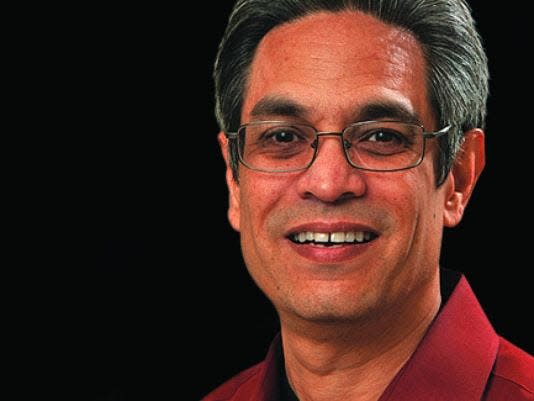Social Security provides retirement, disability, survivor and spousal benefits to about 68 million people. Yet the system’s troubles are so well known that most middle-aged people don’t think they’ll get much from it.
Gen Zers are pretty sure they’ll get nothing. While neither is true according to projections, the system will change. If Congress does nothing, future retirees will see a cut of between 20-25% of planned benefits starting around 2034.
The baby-boomer population that’s in the midst of retiring combined with less births from their and later generations means that the problem is not going away. Congress can fix this but is hesitant because voters will be mad at them for raising taxes, lowering benefits, or both.
Over my last three columns, we’ve looked at the problem and the most often mentioned solutions from both the revenue (tax) and spending (benefits) side of things. Today I’ll give my take. If you disagree with me, that’s good.
Decide what is better and propose that to your senators and representatives. It’s an election year. Maybe they’ll listen. Just don’t tell them to keep benefits as they are without raising taxes. In the real world, we call that impossible.
With the demise of private employer pensions and the ending of inflation adjustments on most all but federally employed government workers, retiring in relative comfort is an iffy thing.
Yes, many can contribute to 401(k) accounts, but many are also sandwiched between providing for children whose college is becoming an unaffordable necessity and providing for parents who lived longer than their savings did. Therefore, I am against changing the benefit formulas to reduce payments.
Then there are the people who work standing on their feet, using their muscles and applying sweat to their jobs. They might be welders, plumbers, physical therapists, heavy machinery operators, assembly line workers, nurses and the like.
Though we are living longer, the human body still breaks down. After working 45 years, it might seem to a politician that extending a job “just” to age 70 is no big deal. I disagree. I am not in favor of raising the retirement age any more than it is.
What I do know is that for most of us, if our pay was 1 percent or 2 percent lower, we might not like it, but we would survive. At least we’d survive a lot better than if we were 70 or 80 years old and our Social Security was cut by 20% or more. That’s why I see raising payroll taxes by a couple percent over the next decade or two very viable.
I’m also going to take Warren Buffet at his word when he says that the wealthy among us can afford to pay a little bit more. Let’s raise that earnings cap, perhaps not for everyone and maybe using a graduated scale. Yes, it means some stealing from the rich to give to the poor. The key is to be reasonable about it by phasing it in over the next decade.
Just those two changes would solve the problem with our current Social Security system.
A recent headline read: “Social Security: Congress is Playing Chicken with a Train.” That paints a great picture — and a scary one too. I just wonder if we’d forgive our politicians for doing what needs to be done. I know we won’t forgive them if they don’t.

Gary Silverman, CFP® is the founder of Personal Money Planning, a retirement planning and investment management firm located in Wichita Falls. You may contact him at www.PersonalMoneyPlanning.com.
This article originally appeared on Wichita Falls Times Record News: Silverman: Fixing Social Security — What needs to be done
EMEA Tribune is not involved in this news article, it is taken from our partners and or from the News Agencies. Copyright and Credit go to the News Agencies, email news@emeatribune.com Follow our WhatsApp verified Channel





